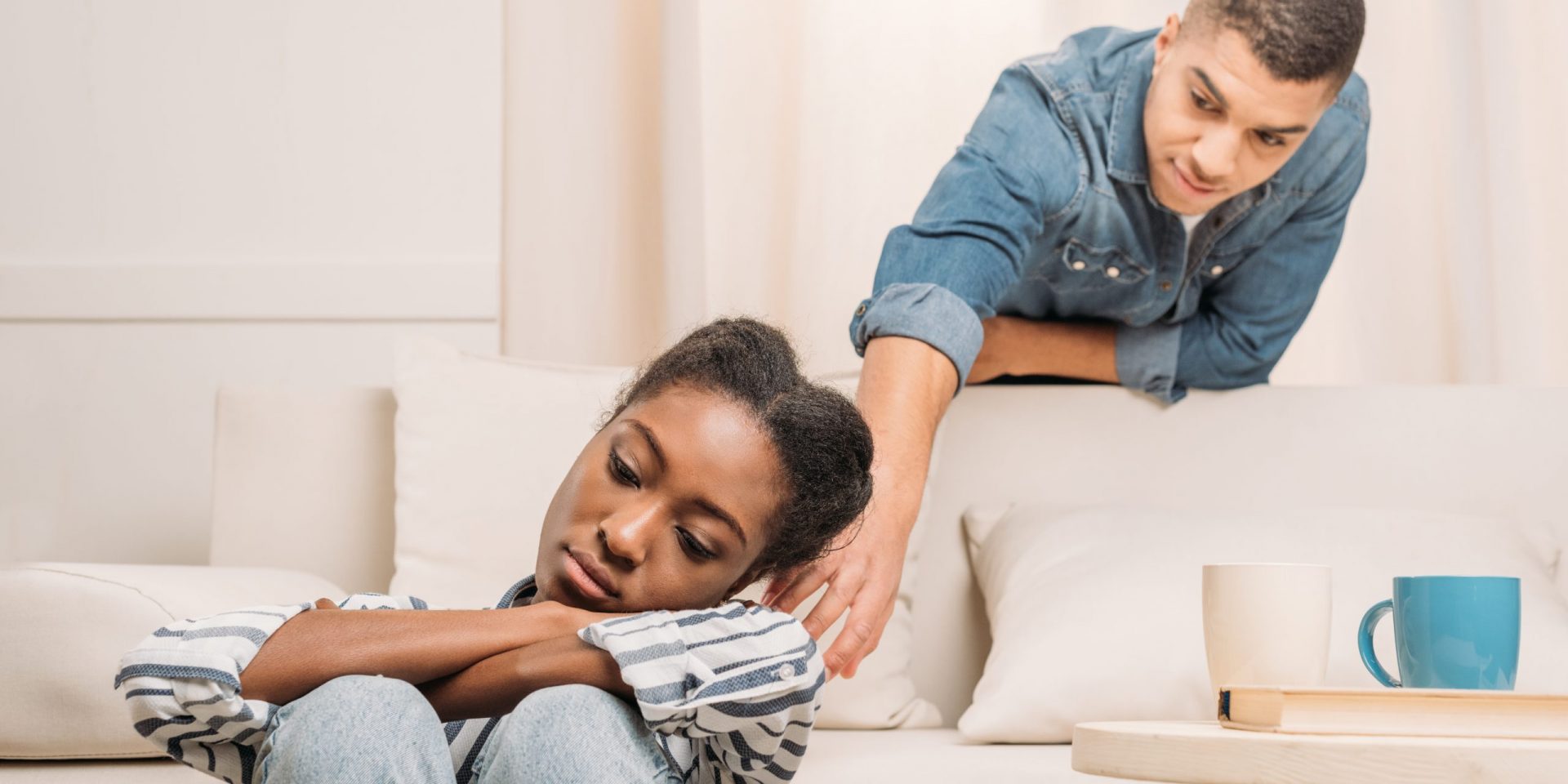“Getting better from depression demands a life-long commitment. I’ve made that commitment for my life’s sake and for the sake of those who love me.” – Susan Polis Schutz, poet.
Depression is a lingering and silent conqueror, a skeleton in your closet that can only be seen if you look inwardly. It is not an illness that can usually be seen with the naked eye. It can be oppressive and debilitating. Unlike depression, sadness is a normal human emotion that every single person will experience, and in fact, is necessary for peak levels of functioning and growth. Generally speaking, sadness has links to a specific trigger. If your feelings of sadness and hopelessness are lasting over two weeks and not remedying themselves, this could be a sign of depression. This may mean that you have also lost a general interest in activities and normal day-to-day routines that once were enjoyable. To sum all of this information up, depression is super difficult to understand from the outside looking in, and even more so to live with. Managing moderate to severe depression requires dedication to lifestyle changes and mental health treatment – and not just a few times, but pretty consistently.
If you are dating someone who is suffering from depression and its various symptoms, there is tremendous value in having a basic understanding of the illness and knowing ways that you can be supportive of your partner. Just as there is value in that, there is an equal amount of value in your partner making any type of effort to manage their symptoms on their own. Beyond just mental health treatment, treatment of any condition requires pull from both the patient and the professional. Because depression can be a result of internal and external consequences, although the symptoms significantly lower motivation, your partner will need to work towards recovery in their own way during the process.
The most crucial question to ask your partner is if they are willing to tackle their depression head-on. For instance, are they willing to talk to a mental health professional like a therapist or counselor? Do they have hobbies to engage in or that they would like to try? Do they have coping skills to use and if not, would they be open to learning about some? Your partner does not need to cure their depression in any sense of the word, and frankly, it is unrealistic to expect any kind of quick fix. The key is to take small, persistent steps to gradually feel better, not good all at once.
When you love someone who is suffering in any way, sometimes the last thoughts that you have are about yourself and where you are with your own wellness. In any type of relationship, you have to be full enough in order to give. If you love someone who struggles with depression and if you are feeling like your tank is running out of gas, take this as a gentle invitation to pull over momentarily. While your partner works through their symptoms, very often you may overcompensate. You most likely will overcorrect. You most likely will pull more of the weight. This is by no means any fault of your partner, as depression is something that nobody is choosing to live with. If you notice yourself feeling responsible for your partner’s well-being or a need to do more than the norm, take this as another gentle invitation to pull over and regroup. Relationships should not be about need, but instead about want. If there are no choices involved, independence can quickly turn into codependence. Feeling empowered can turn into feeling guilty. Guilt often tricks us into thinking that we have control over a situation or person, but generally, we do not. Certainly, we do not have control over the severity of a partner’s mental illness, including the symptoms that they feel.
The harsh reality is this: staying in a relationship with someone who is depressed will not remedy the depression. The other harsh reality: you cannot be in a relationship if your own health and happiness are not present.
Now, does this mean that someone living with depression should stop dating or not be in a relationship? Absolutely not. The good thing about depression is that it is treatable. When you hear treatable, cue treating your depression with loving-kindness – a little mental health treatment here, some lifestyle changes there. And if you are in a relationship with someone who is carrying some depression with them and you are both working together towards a resolution, you can surely help to lighten the load. Really listen to your partner, and particularly in this time; hearing and listening are not one in the same. Love them unconditionally, even if you have a hard time recognizing your partner right now. Love yourself unconditionally too.
National Suicide Prevention Lifeline (available 24 hours/day): 1-800-273-8255









